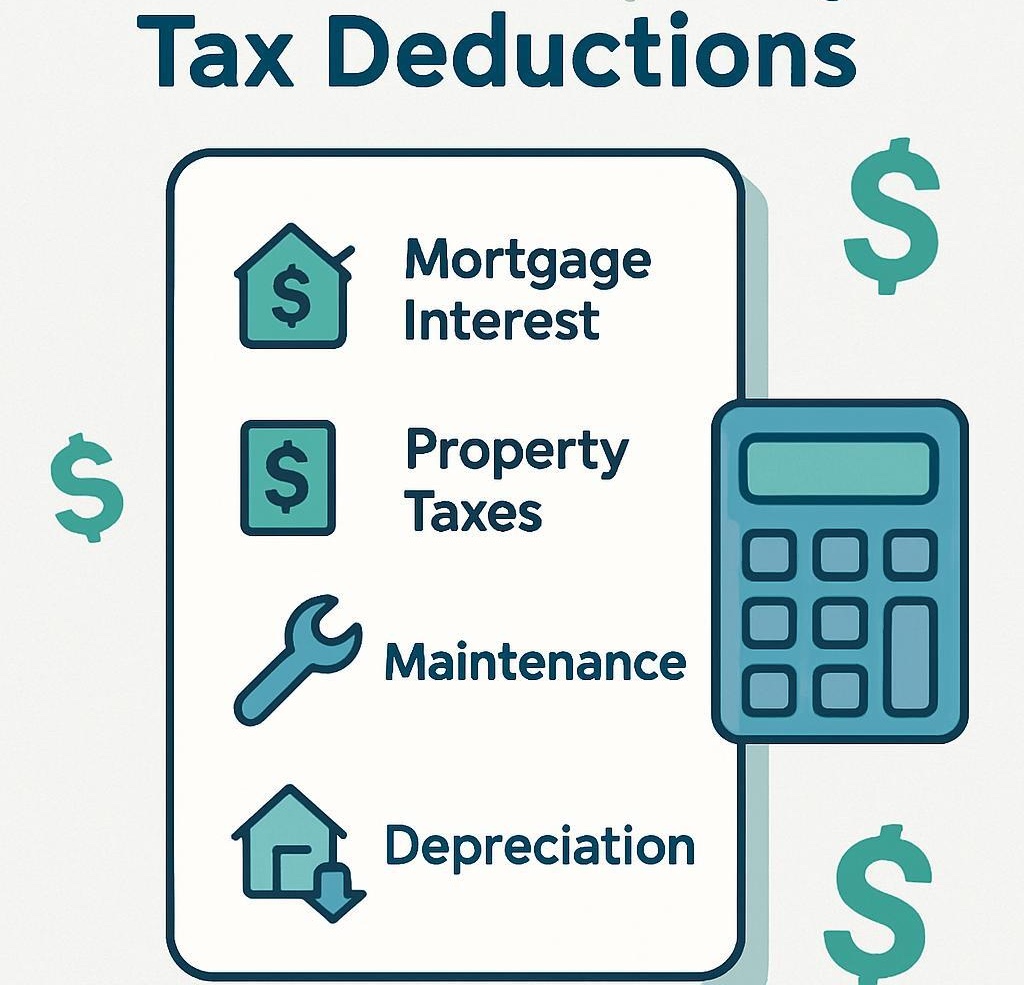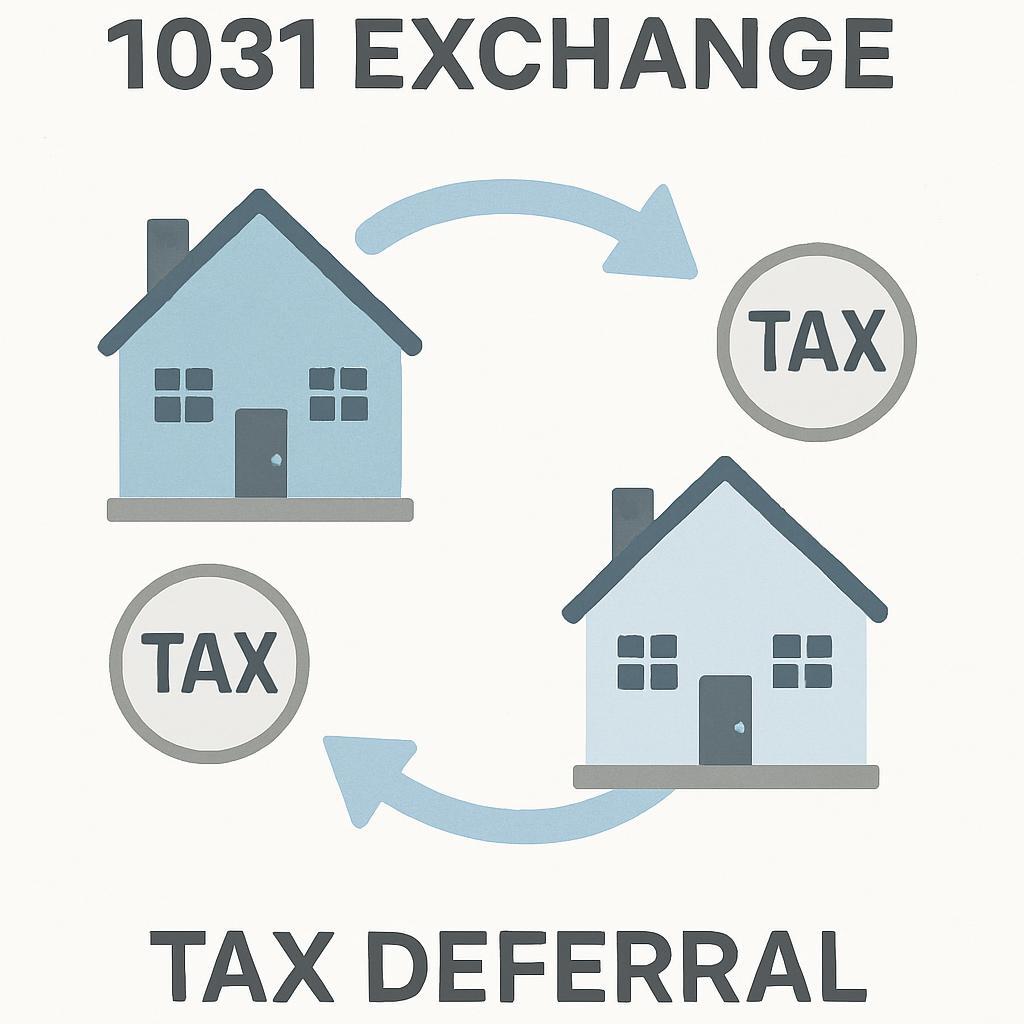Owning rental property offers numerous tax benefits of owning a rental property that can significantly boost your financial success as an investor. By understanding and utilizing strategies such as depreciation on rental property, effectively managing capital gains tax on investment property, and implementing smart real estate tax strategies, landlords and investors can minimize their tax burden while maximizing profits.
Maximizing Rental Property Tax Deductions and Depreciation Benefits

One of the most valuable tax benefits of owning a rental property is the ability to claim deductions including depreciation on rental property, which allows you to deduct the cost of the property over time. In addition to depreciation, a comprehensive rental property tax deductions checklist covers mortgage interest, maintenance, and property taxes deduction limits. However, it is important to be aware of real estate depreciation recapture, which can impact taxes when selling the property.
Capital Gains Tax Insights and Utilizing 1031 Exchange Rules

When selling an investment property, understanding capital gains tax on investment property is essential. Tax rates vary between short-term capital gains real estate and long-term capital gains real estate, affecting your overall tax liability. Smart investors utilize 1031 exchange rules to defer these taxes by reinvesting in like-kind properties. Incorporating tax planning for real estate investors can help navigate these rules effectively and avoid surprises such as how to avoid capital gains tax on home sale.
Sophisticated Real Estate Tax Strategies for Investors and Landlords
Beyond deductions, advanced investors apply various real estate tax strategies like leveraging the mortgage interest deduction rental property and the qualified business income deduction real estate. Utilizing cost segregation study benefits can accelerate depreciation, while tax loss harvesting real estate can offset capital gains. Understanding how to minimize real estate taxes legally, as well as capitalizing on tax breaks for landlords and tax credits for energy efficient rental property, further improves investment outcomes.
Additional Tax Considerations and Benefits for Real Estate Professionals
Qualifying for real estate professional tax status offers significant tax advantages, enhancing deduction possibilities and income classification. Knowing the tax implications of selling a rental property and applying proven real estate investment tax tips can protect your profits. Furthermore, understanding passive income real estate tax rules ensures your investments remain tax-efficient and compliant with IRS guidelines.
Conclusion
Mastering the tax benefits of owning a rental property empowers investors and landlords to build lasting wealth through intelligent tax planning and strategic investment. By leveraging these insights, you can maximize your real estate returns while minimizing tax liabilities.
